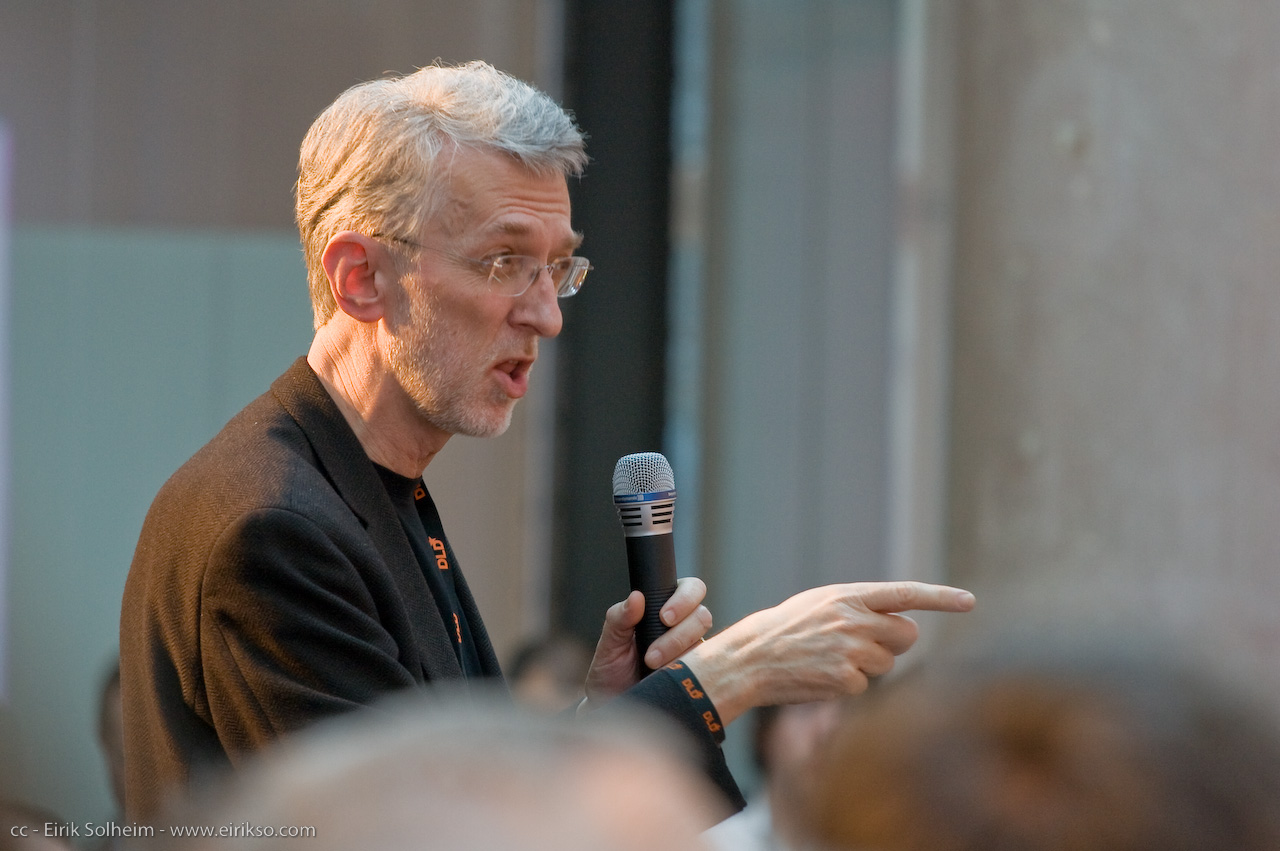AI companies' media deals are "pure lobbying," argues journalism professor Jeff Jarvis

Jeff Jarvis, a prominent US media critic, warns against exclusive AI partnerships between tech companies and major publishers, saying these deals shut out smaller publications and put journalism at risk.
"That's utter nonsense," Jarvis told German trade magazine "journalist", referring to recent licensing agreements between AI companies and media organizations. He added that tech companies are "simply purchasing the silence of these publishers when it comes to litigation and legislation," describing the practice as "pure lobbying."
Meta recently signed a multi-year agreement with Reuters for its "Meta AI" chatbot. OpenAI has already secured content from News Corp, Vox Media, The Atlantic, TIME, Financial Times, and many others.
Reports suggest that Apple is also pursuing similar agreements with publishers. Meanwhile, Google is allegedly leveraging its dominant position in the search market to pressure publishers into providing content for AI-generated answers without compensation.
Small publishers lose out
Jarvis believes this trend will hit smaller outlets the hardest. "These deals are only being struck with big media companies. The majority of media, especially local and independent outlets, will be left out," he said. These smaller publishers will face "a serious problem" without access to AI and visibility in AI applications.
Jarvis concurs with AI companies that using media content to train AI systems should fall under the "fair use" doctrine for copyrighted material. Under this interpretation, he argues that AI training does not violate authors' rights.
"We journalists have always learned from others' work and used facts from others' work, because you can't copyright facts," Jarvis said. This aligns with a recent court ruling in favor of OpenAI against two news publishers.
However, Jarvis noted that directly quoting media content, as Perplexity or OpenAI's new search feature do, could be a different issue altogether.
Journalists must adapt to survive
"We are at the end of the mass media age, and that scares the hell out of the mass media," Jarvis said. He believes that journalists need to radically rethink their strategies to stay relevant in the age of AI.
"The content business is becoming less significant for journalism because AI can do one thing very well: create endless content non-stop," he warned, cautioning that AI could "utterly destroy the web" by "filling it with junk," making it harder to discover high-quality journalism online.
Instead of merely delivering information, Jarvis suggests that newsrooms should focus on serving specific communities with tailored information and services. Media organizations should explore innovative ways to harness AI for new business opportunities and collaborate with AI companies to create novel business models. One idea is to develop a shared news API that could be provided to AI companies.
Jarvis thinks that local journalism, in particular, could greatly benefit from AI technology, given that many news outlets simply lack the resources to report on every community event or meeting in their coverage area.
Jarvis worried about "AI guys"
Jarvis is especially worried about the worldviews promoted by leading AI entrepreneurs. "I'm not worried about the technology itself. I'm more worried about these AI guys," he said, naming Sam Altman, Peter Thiel, Elon Musk, Nick Bostrom, Max Tegmark, and William MacAskill.
He describes them as "doomsday prophets" who believe they are the only ones who can shape humanity's future while insisting on massive financial support. Jarvis considers ideologies like transhumanism, extropianism, and longtermism to be "dangerous."
OpenAI CEO Sam Altman has made religious comparisons to his work, saying he feels "on the side of the angels" and that OpenAI aims to develop "magic intelligence in the sky."
AI News Without the Hype – Curated by Humans
As a THE DECODER subscriber, you get ad-free reading, our weekly AI newsletter, the exclusive "AI Radar" Frontier Report 6× per year, access to comments, and our complete archive.
Subscribe nowAI news without the hype
Curated by humans.
- Over 20 percent launch discount.
- Read without distractions – no Google ads.
- Access to comments and community discussions.
- Weekly AI newsletter.
- 6 times a year: “AI Radar” – deep dives on key AI topics.
- Up to 25 % off on KI Pro online events.
- Access to our full ten-year archive.
- Get the latest AI news from The Decoder.